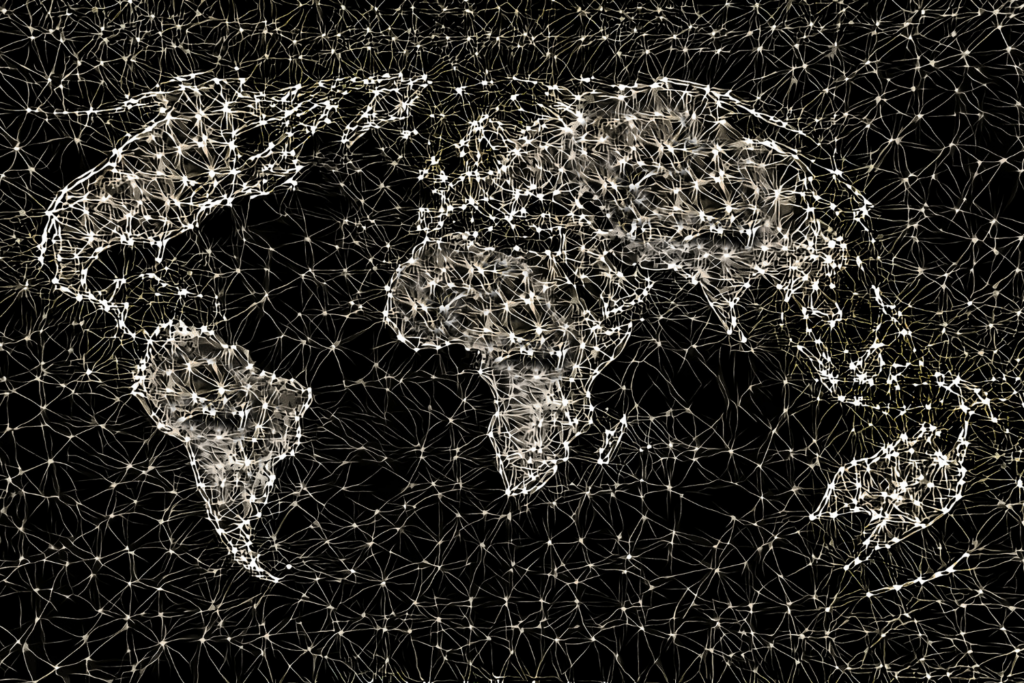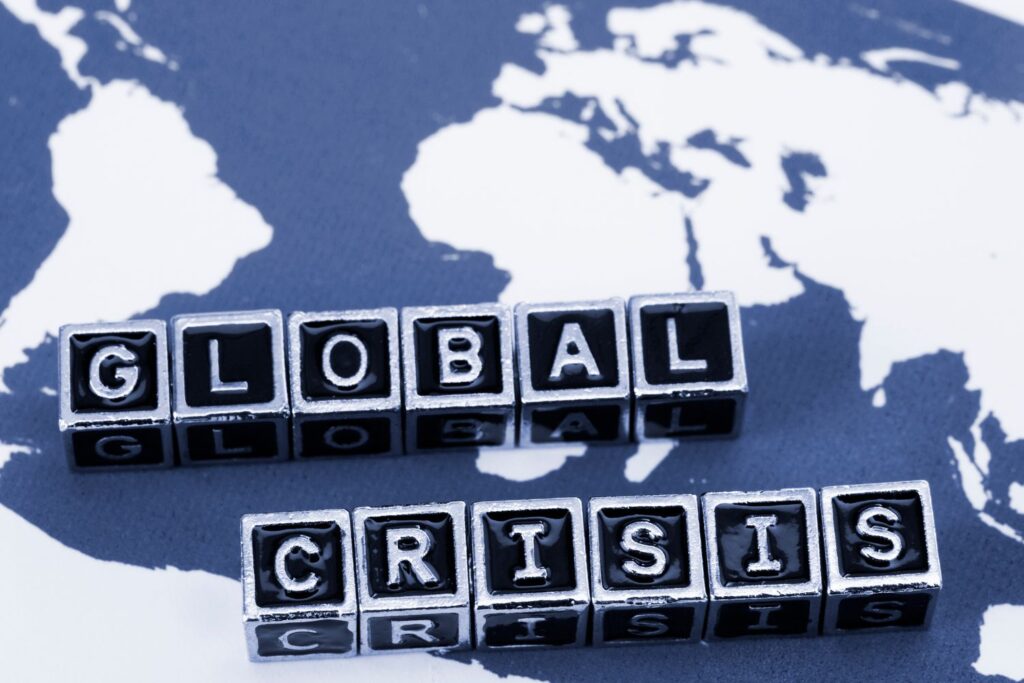Planetary Solvency – finding our balance with nature
The report presents a global risk management framework to address climate-related challenges and introduces the Planetary Solvency risk dashboard, providing policymakers with actionable insights to guide human activity within the planet’s finite resources.
Planetary Solvency – finding our balance with nature Read More »










